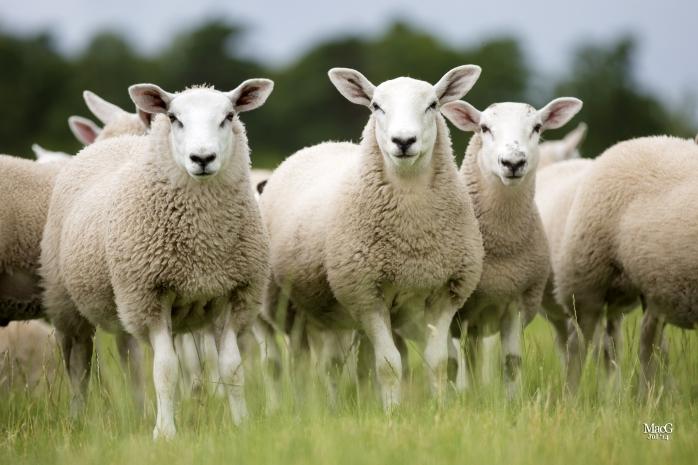
New Scottish-led research will examine ways to breed and feed sheep with reduced environmental impact.
SCOTTISH scientists are leading an international research project to find new ways of feeding and breeding sheep to reduce their impact on the environment.
The Grass to Gas project aims to combine international scientific and industry expertise to measure two key factors affecting the environmental impact of sheep: feed efficiency – the amount of feed required to produce one unit of meat or milk, and methane emissions.
The project is led by researchers from Scotland’s Rural College and with its partners in Norway, Uruguay and New Zealand will use state-of-the-art sensor technologies, recording equipment and novel protocols to measure these traits at an individual sheep level.
Project leader Dr Joanne Conington said while there is no Australian group participating in this project at the moment, she agrees that as a major sheep-producing nation, Australia should be involved in this type of research.
“We have good working relationships/connections to those working in animal breeding at AGBU/Armidale University and also the University of Adelaide.
“We anticipate that we will be able to share our project outcomes and knowledge with Australian colleagues and build further collaborative projects with them in the future,’ she said.
The project’s goal is to develop new breeding solutions for the industry by finding ways to identify animals with lower environmental impact, which can be selected as part of genetic improvement programmes.
The first phase of the three-year project, which runs until September 2022, will test different technologies and equipment, such as sensors, imaging techniques, electronic feeders and faecal markers, for their ability to accurately predict feed intake and methane emissions from sheep.
Using promising technologies identified in the first phase, experimental work will then investigate the relationships between feed efficiency and methane emissions from sheep housed both indoors and at pasture.
Genetic control of methane emissions and feed efficiency will also be investigated in the project, by assessing the differences due to breed, sire, genetic line or breeding values. The research at SRUC will use lambs bred from sires sourced from the Texel Sheep Society’s Texelplus programme, to investigate the effects of sire and breeding values on these measurements.
The data will be analysed to quantify the economic and environmental benefits of improvements in feed efficiency and reduced greenhouse gas emissions.
Dr Nicola Lambe, a sheep geneticist at SRUC, said the reduction in greenhouse gas emissions is a global issue requiring a trans-national and trans-disciplinary approach.
“The project aims to produce tools to measure, or accurately predict, feed efficiency and methane emissions from both individual animals and sheep systems, which will provide the international industry with the means to breed, feed and manage sheep with reduced environmental impact as part of genetic improvement initiatives.
“It will also contribute towards addressing the argument about the effect of eating meat on global warming, with sheep making use of land often unsuitable for other agricultural production, except conifers – at least in the UK,” Dr Lambe said.
The UK part of the project will receive £250,000 in funding from the Department for Environment, Food and Rural Affairs (Defra), Research Council of Norway and New Zealand Ministry for Primary Industries.
Source: Scotland’s Rural College.

HAVE YOUR SAY